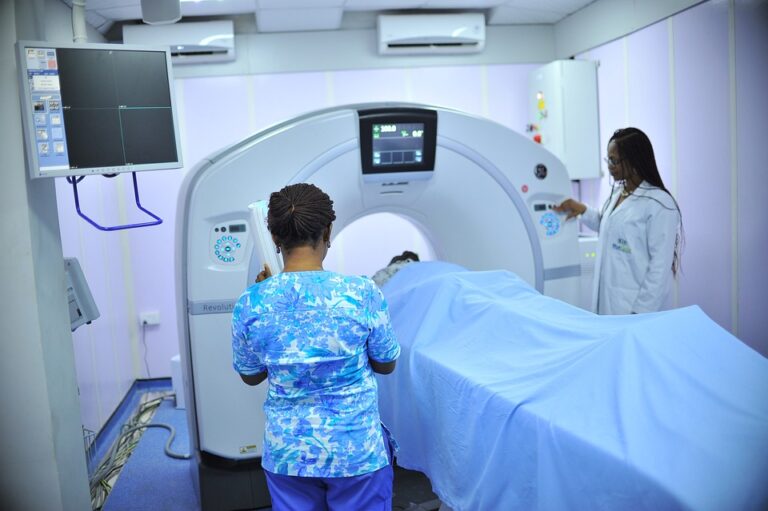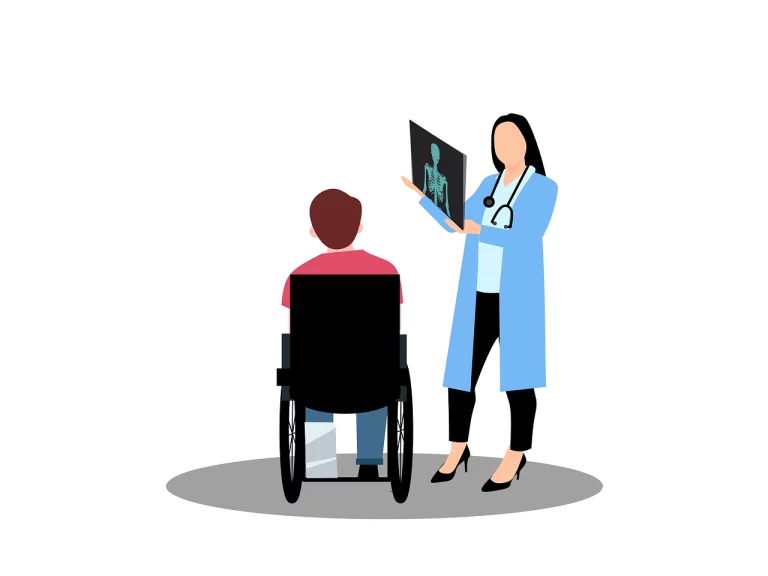Book Appointment Now

Promoting Mental Health Awareness Through Community Nursing Programs
Mental health is a critical component of overall well-being, yet it remains one of the most stigmatized and misunderstood areas of healthcare. Nurses, as frontline healthcare providers, are uniquely positioned to lead initiatives that promote mental health awareness and address the stigma surrounding mental health issues. Through community nursing programs, nurses can play a pivotal role in destigmatizing mental health, providing education, and offering support to individuals and families. This article explores how nurses can lead these initiatives and the impact they can have on communities.
Our nursing experts can deliver 100% custom paper about mental health awareness promotion according to your order instructions.
Write my nursing essay
The Role of Nurses in Mental Health Advocacy
Nurses are often the first point of contact for individuals seeking healthcare, making them instrumental in identifying and addressing mental health concerns. Their holistic approach to patient care allows them to recognize the interplay between physical and mental health, enabling early intervention and support. By integrating mental health screenings into routine care, nurses can identify at-risk individuals and connect them with appropriate resources.
Community nursing programs provide an ideal platform for nurses to lead mental health initiatives. These programs often focus on preventive care, health education, and community outreach, making them well-suited for addressing mental health stigma and promoting awareness. Nurses can organize workshops, support groups, and educational campaigns to empower individuals with knowledge and reduce misconceptions about mental health.
Destigmatizing Mental Health Through Education
One of the most effective ways to combat mental health stigma is through education. Nurses can lead community-based programs that provide accurate information about mental health conditions, treatment options, and available resources. By dispelling myths and fostering open conversations, nurses can create a safe space for individuals to discuss their mental health concerns without fear of judgment.
For example, nurses can collaborate with schools, workplaces, and community centers to deliver mental health literacy programs. These programs can cover topics such as recognizing signs of mental illness, coping strategies, and the importance of seeking help. By normalizing these conversations, nurses can help reduce the shame and isolation often associated with mental health issues.
Building Support Networks
Community nursing programs can also focus on building support networks for individuals struggling with mental health challenges. Nurses can facilitate peer support groups where individuals can share their experiences and offer mutual encouragement. These groups provide a sense of belonging and understanding, which can be incredibly healing for participants.
Additionally, nurses can work with local organizations to create referral systems that connect individuals with mental health professionals, counseling services, and crisis intervention teams. By ensuring that community members have access to the care they need, nurses can help bridge the gap between mental health services and those who need them most.
Addressing Barriers to Care
Many individuals face barriers to accessing mental health care, such as financial constraints, lack of transportation, or cultural stigma. Community nursing programs can address these barriers by offering free or low-cost services, providing telehealth options, and tailoring interventions to meet the cultural and linguistic needs of diverse populations.
Nurses can also advocate for policy changes that improve access to mental health care at the local and national levels. By leveraging their expertise and firsthand experiences, nurses can influence decision-makers to prioritize mental health funding and resources.
The Impact of Community Nursing Programs
The impact of community nursing programs on mental health awareness and destigmatization cannot be overstated. These initiatives not only improve individual outcomes but also strengthen communities by fostering empathy, understanding, and resilience. When mental health is prioritized, communities thrive, and individuals are better equipped to lead fulfilling lives.
Nurses have the knowledge, skills, and compassion to lead the charge in promoting mental health awareness and destigmatizing mental health issues. Through community nursing programs, they can educate, support, and empower individuals to seek help and embrace their mental health journey. By addressing stigma and breaking down barriers to care, nurses can create a more inclusive and compassionate society where mental health is recognized as an integral part of overall well-being.







